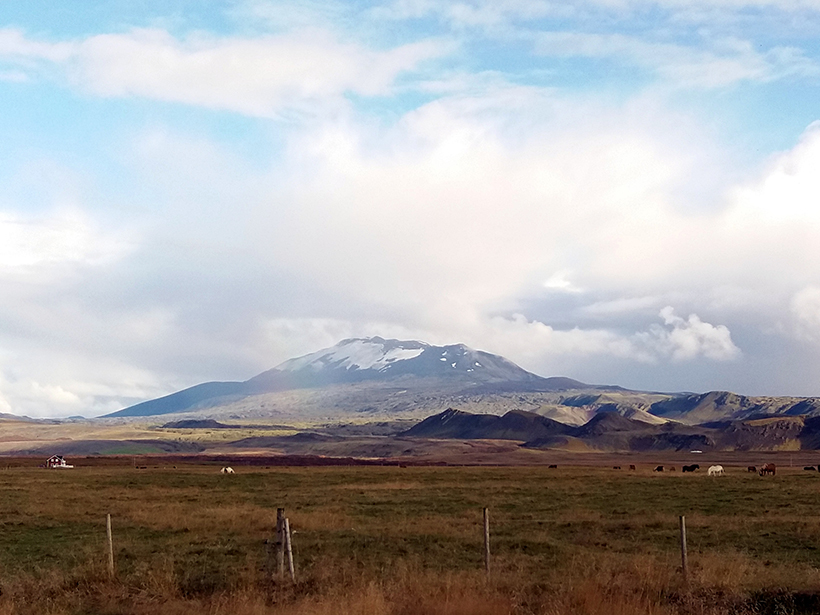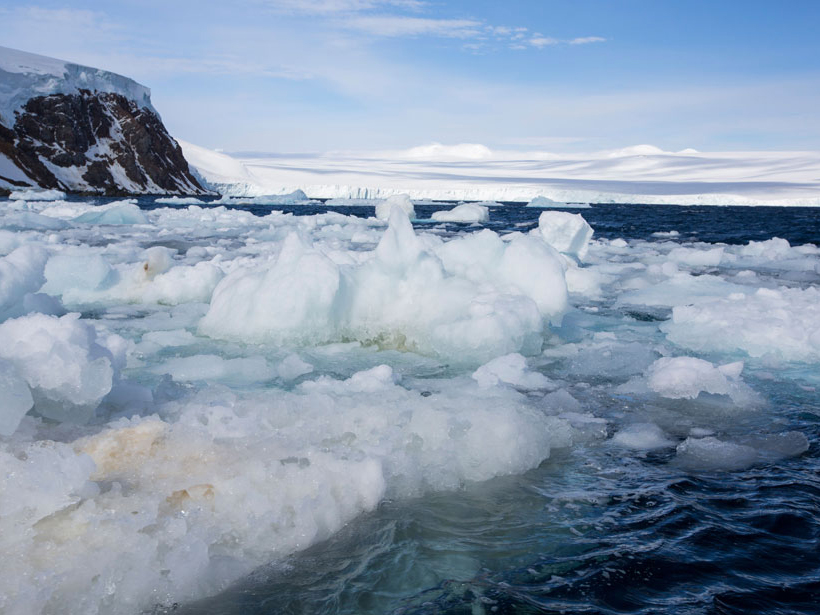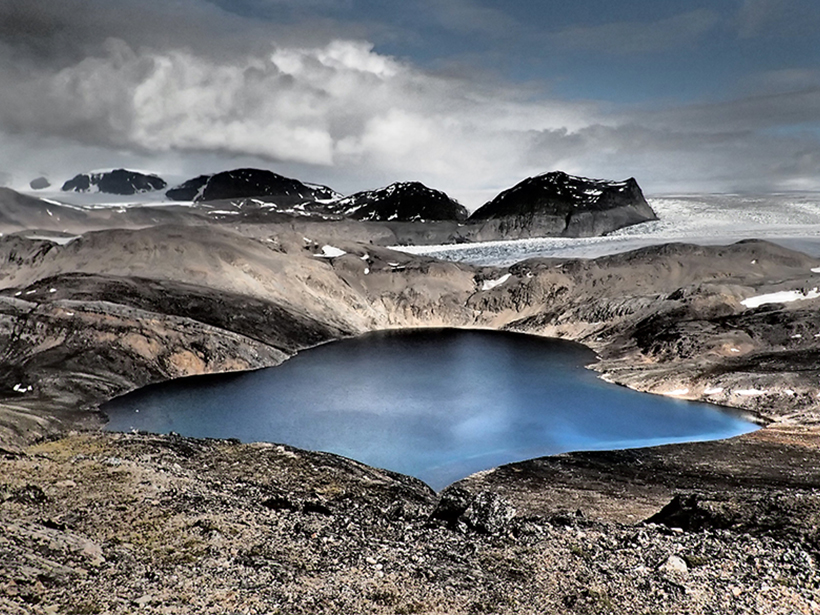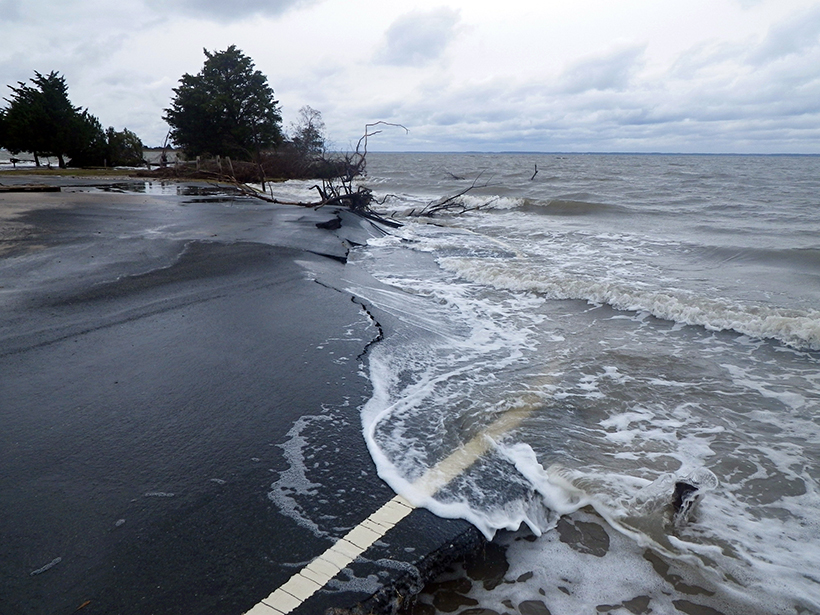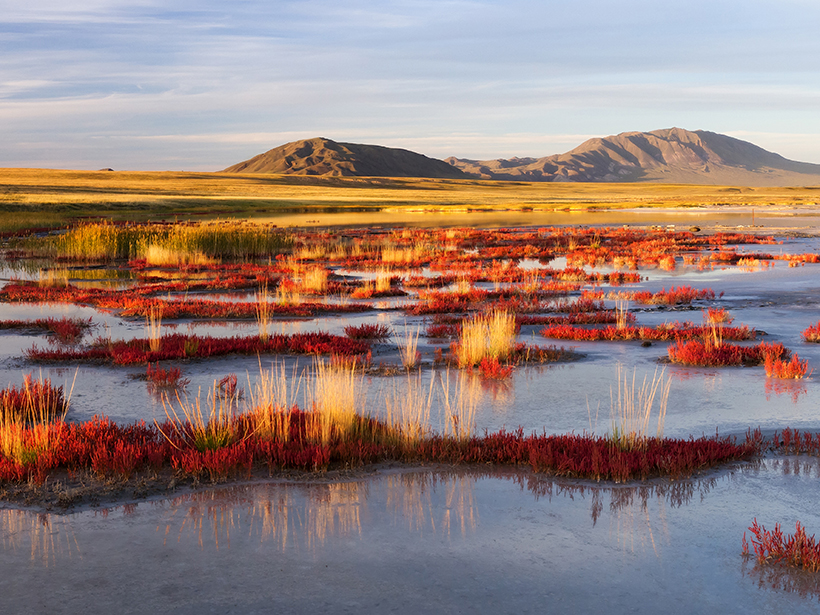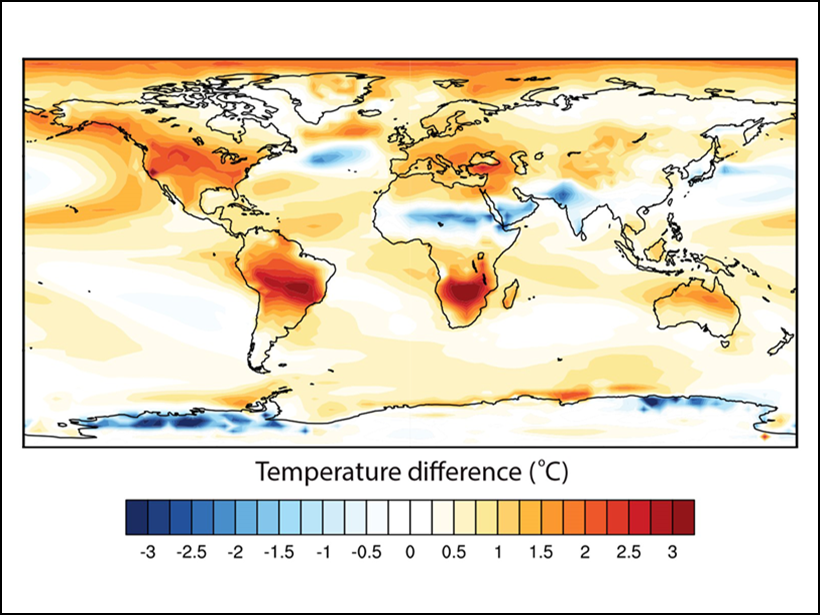8th Nordic Paleomagnetism Workshop; Leirubakki, Iceland, 30 September to 7 October 2017
paleoclimatology & paleoceanography
Rocks with Soft-Tissue Fossils Share a Mineral Fingerprint
Discovering new resting places of these rare and information-rich fossils will be critical to understanding the largest expansion of life in Earth’s history, according to researchers.
Cobalt Key to Development of Early Life on Earth
Cobalt may have played in important role in the early development of life on Earth, and been more available to ancient life than modern due to the higher mafic composition of early continents.
U.S. Scientists Safely Retrieved from Ice-Bound Antarctic Island
Argentineans came to the aid of stranded scientists.
Linking Instrumental and Proxy Data Climate Records
Treatment of the Climatic Signal in Time and Space: From Instrumental and Proxy Data to Modelling; Rouen, France, 18–20 April 2017
Sea Level 2017 Conference Looks to Coastal Sea Level Rise Impact
International World Climate Research Programme/Intergovernmental Oceanographic Commission (WCRP/IOC) Open Science Conference on Regional Sea Level Rise and Its Impacts; New York, New York, 10–14 July 2017
After Obliteration, How Long Until Life Returned?
By studying the Chicxulub crater associated with the extinction of more than 75% of species then on Earth, researchers have begun to fill in a timeline for life’s rebound after the cataclysm.
Boiled or Raw, Snail Shells Keep an Environmental Archive
Snail shells discovered at archaeological sites might still accurately record past weather and vegetation despite being the leftovers of a past meal.
Ocean Circulation, Carbon Cycling During the Last Deglaciation
Past Global Changes (PAGES) OC3 Working Group second workshop on Ocean Circulation and Carbon Cycling during Last Deglaciation: Regional Synthesis of Carbon Isotopes Data; Corvallis, Oregon, 27–29 June 2017
How Earth’s Orbit Affected Ice Sheets Millions of Years Ago
A new study of the late Pliocene era could help scientists predict future sea level rise.

